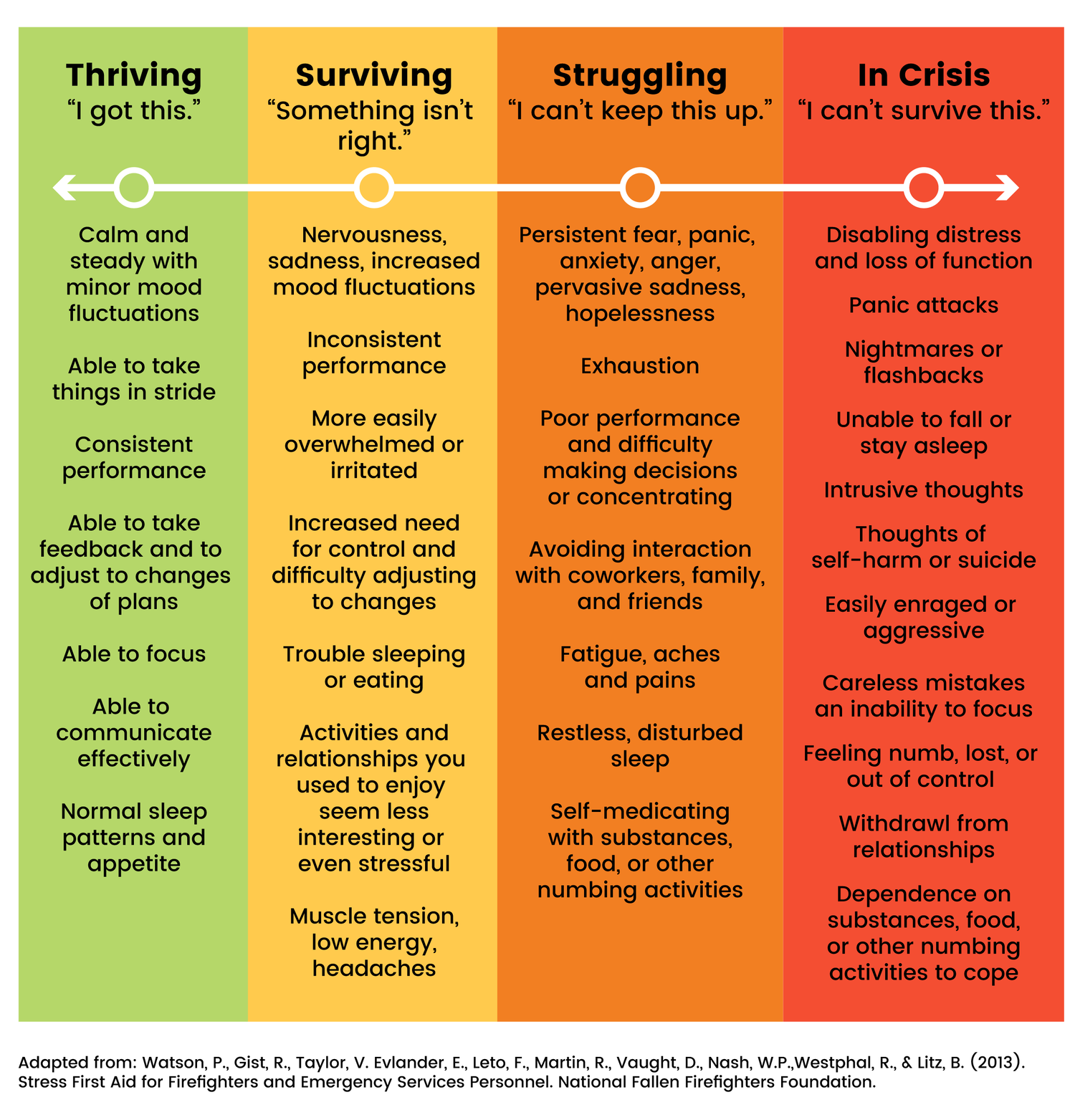Navigating Medical Care with LatrophobiaLatrophobia is a psychological condition where someone has a strong and persistent fear of doctors that interferes with their life. Those who struggle with this condition are at great risk of illness and early death...

Navigating Medical Care with Latrophobia
Latrophobia is a psychological condition where someone has a strong and persistent fear of doctors that interferes with their life. Those who struggle with this condition are at great risk of illness and early death because they often fail to seek the appropriate preventative care and early medical interventions that play a crucial role in disease onset and progression.
Navigating the medical system while struggling with latrophobia is profoundly challenging. Nothing about this condition is easy. However, there are some guidelines that can be useful to those struggling with latrophobia and to their loved ones. The most important is to not give up hope. A phobia is not a permanent disability. Evidence-based therapies such as CBT have a very high success rate in treating phobias, with upwards of 90% of people who receive CBT eventually achieving full remission.
Someone reached out to us recently to ask if we knew of a primary care physician specializing in latrophobia. Unfortunately, we have never heard of an internal medicine doc who specializes in latrophobia, though we would love to connect with one and refer our patients to them. In our experience, only psychological care (i.e., therapy) is likely to get that specialized, and even then the focus is likely to be on something suitably broad (such as "anxiety disorders").
However, there is a continuum of MDs and DOs with respect to how compassionate, educated, and comfortable they are regarding psychological/psychiatric issues such as phobias. Some of them are great (compassionate toward, educated about, comfortable with, etc. etc.) while others are not (apt to criticize, clueless about, uncomfortable talking about, etc. etc.).
Strategies for finding a good primary care doctor:
1) You could read reviews (most docs have online reviews at this point).
2) You could ask your friends, family, coworkers, etc. about their primary care docs (whether they like them, what they're like to interact with, etc.).
3) You could shop around (go to a bunch of first primary care appointments with different docs until you find one that feels like a good fit (this would be wonderfully therapeutic for someone with latrophobia so I highly recommend it).
Other things you should definitely consider:
A) Getting in to see a therapist that specializes in cognitive-behavioral-therapy (CBT) for phobias. Exposure therapy (the type of CBT used for phobias) sounds scary, but it really is the best option for most patients. You can read this article to learn a bit more about why psychologists treat phobias this way.
B) Getting in to see a psychiatrist. They can prescribe you something (e.g., SSRIs or Beta Blockers) that will help lower your fear response so that you're actually able to make an appointment and start seeing someone in primary care. You can read this article to learn a bit more about your psychiatric care options.
If you'd like to get on our waitlist to see a therapist (for the type of treatment described in the above article), you can sign up here.














